How Often Do Water Heaters Need to be Replaced in Surprise, AZ?
Homeowners often neglect the maintenance of their water heaters until they unexpectedly run out of hot water. This can lead to inconvenience and even hazardous situations. To avoid these issues, it is crucial to take good care of your water heater. In this guide, our experienced plumber, who specializes in water heater repair and replacement, will explain the signs that indicate the need for a new system. We will also discuss important factors to consider when purchasing a replacement. Continue reading to discover how you can ensure a reliable and continuous supply of hot water for your family.

How long do water heaters last?
Hot water heaters are an essential part of our everyday routines, supplying the hot water we need for bathing, washing clothes, and cleaning dishes. Their lifespan, though, can be impacted by different factors. Usually, hot water heaters can be expected to function for around 8 to 12 years.
Tankless water heaters have a longer lifespan than traditional units.
Proper installation and regular maintenance can maximize the longevity of your water heater.
Regular maintenance and inspections are vital to keep your water heater running efficiently and lasting longer.
It is important to consider that using your water heater excessively every day and having hard water with high mineral content can cause your unit to deteriorate more quickly.

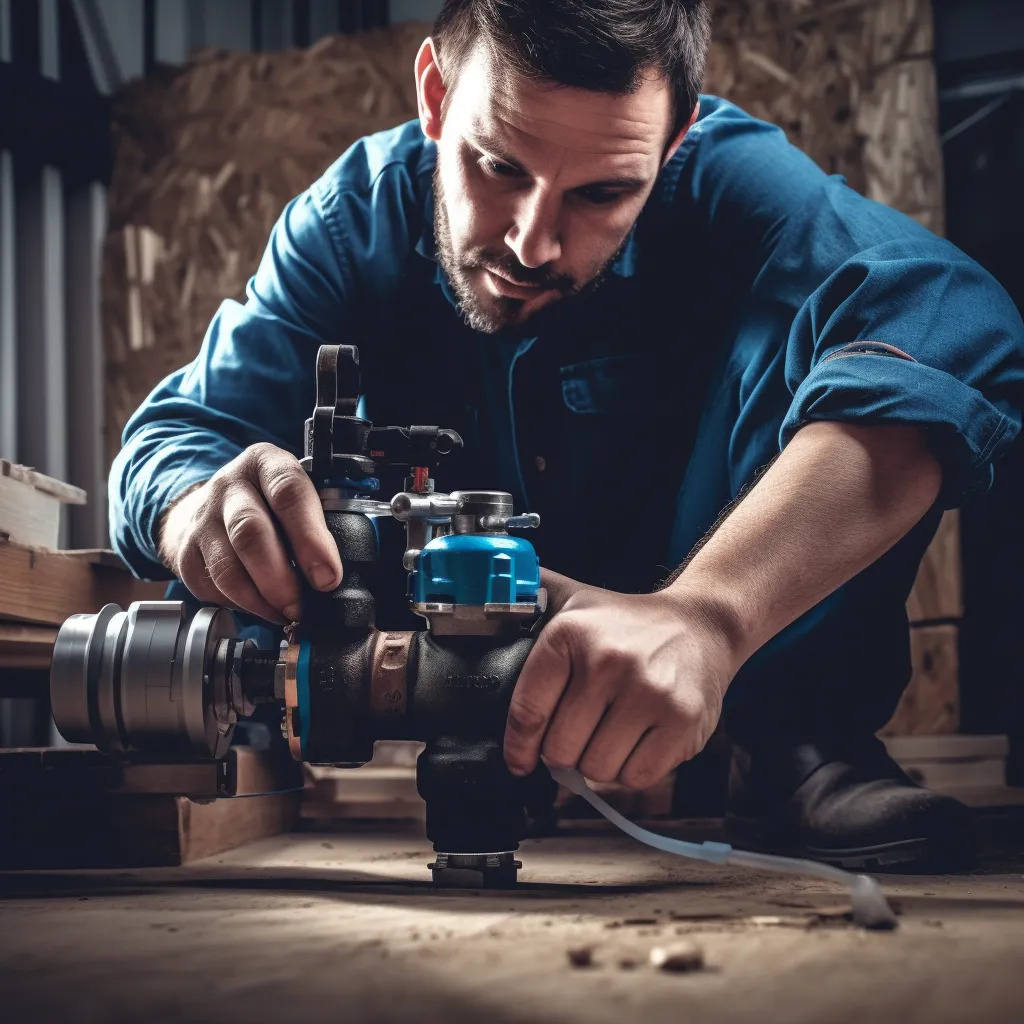
Are you looking to purchase a brand new hot water heater?
When it comes to choosing the right water heater for your home and budget, it can be overwhelming with so many options available. To make the best decision, consider your budget and household needs. Think about factors like energy efficiency, capacity, and how it fits with your lifestyle. Keep in mind that even though some models may cost more upfront, they can save you money on energy bills in the long run. It's important to take your time and carefully evaluate your choices to find a high-quality water heater that will save you money in the long term.

When it comes to replacing a water heater, it is a significant decision
Selecting a new water heater requires careful thought. Efficiency, age, and cost are essential considerations. If your current water heater is over a decade old or frequently needs repairs, it's a sign to consider upgrading. By doing so, you can boost performance and lower your utility expenses.
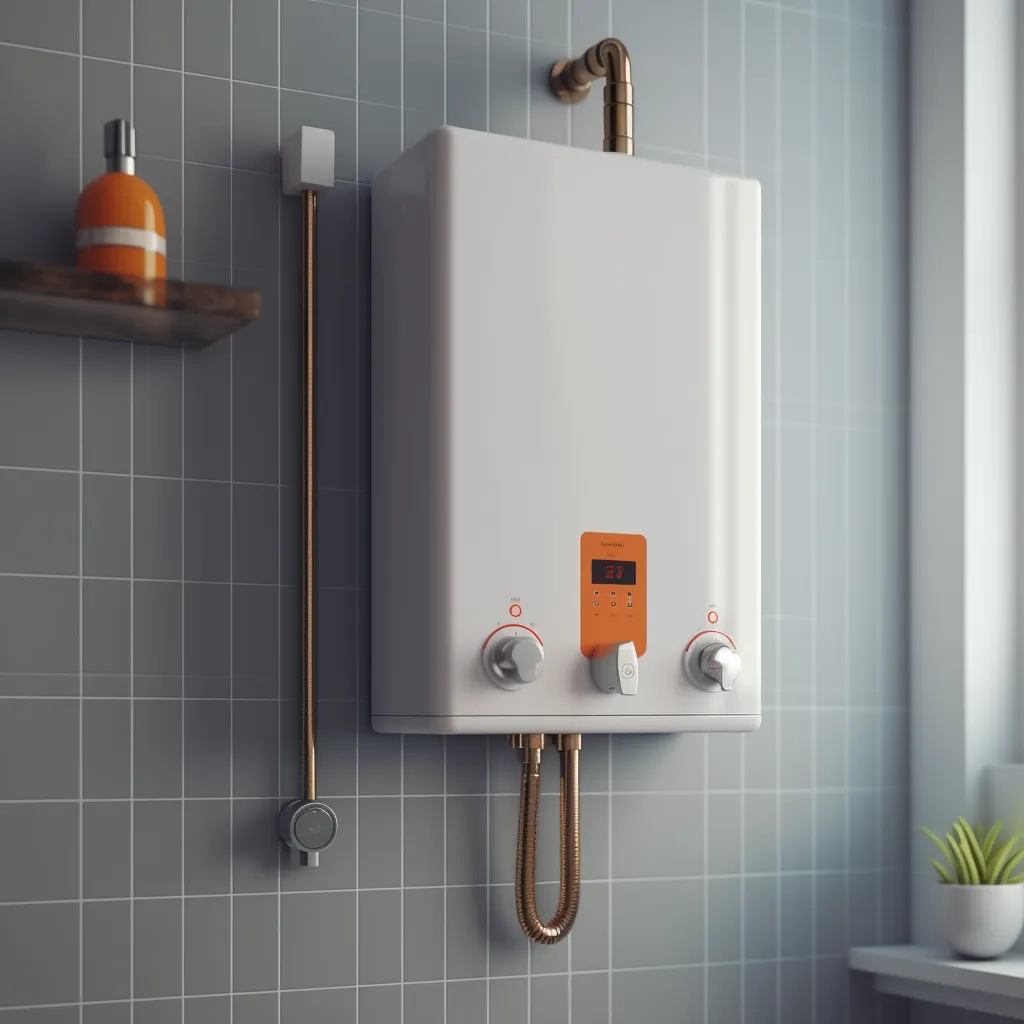
How to extend the lifespan of your water heater
To maximize the life and performance of your water heater, regular maintenance is crucial. Neglecting this can lead to a complete breakdown. Here are some simple tips to follow for a long-lasting and efficient water heater:
Regular flushing of your water heater is essential to maintain its efficiency and prevent potential problems. Sediment buildup can reduce the performance of your water heater and cause various issues.
It is important to regularly check the TPR valve to ensure it is working correctly and efficiently. By doing so, you can maintain the safety and longevity of your water heater.
Proper insulation is key when it comes to maximizing the energy efficiency of your water heater. By insulating both the water heater unit itself and its pipes, you can significantly reduce heat loss.
It's important to regularly check your water heater for any leaks or dripping water. Even tiny leaks can cause a lot of damage over time.
Regular maintenance is essential for keeping your water heater running efficiently and lasting longer. By performing routine maintenance, you can increase its lifespan and enjoy the advantages for a longer period.
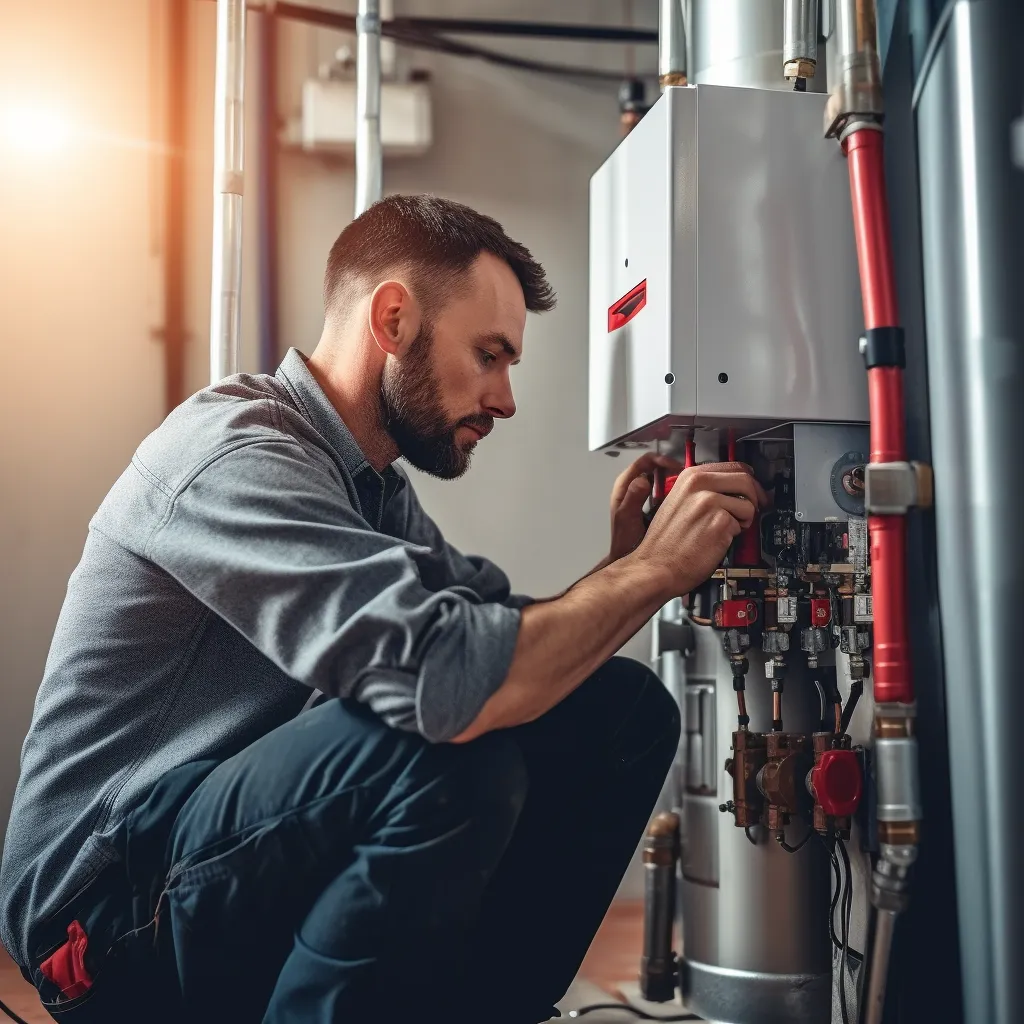
Address any malfunctions
Proper maintenance of your water heater is essential to keep it working efficiently. If you notice any issues like not enough hot water or unusual noises coming from your water heater, it's important to address them right away. Contacting a specialist to fix any problems promptly will help prolong the lifespan of your water heater and also save you money in the long run.
Signs it's time to get a new water heater
Water heaters, just like any other mechanical equipment, eventually reach the end of their lifespan. This also applies to the water heater in your home. When you notice specific indicators, it's a good indication that you should start thinking about replacing it.
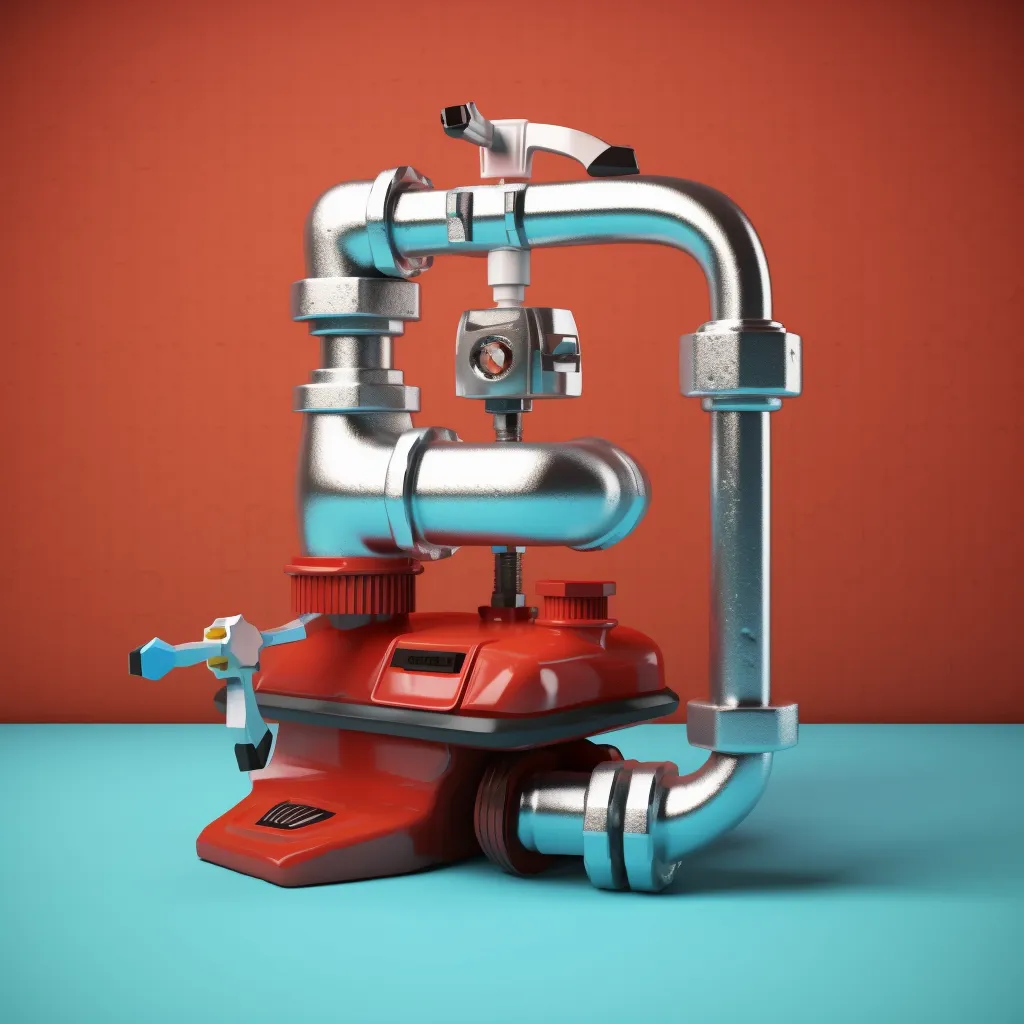
If your water heater is more than 10 years old, it may be a good idea to think about getting a new one. Typically, water heaters last around 10 to 15 years.
If you're noticing popping or gurgling sounds coming from your water heater, it could be a sign that it's time to invest in a new tank.
If you happen to see water collecting around the bottom of your water heater, it's crucial to take action right away. This could be a sign of a leak that needs to be taken care of.
If you're experiencing a lot of hot water issues or your water heater isn't consistent with its heating, it could be a sign that your water heater isn't working right anymore. It might be time to consider replacing it.
Having a faulty water heater can cause your energy consumption to rise and result in higher bills. If you happen to notice a sudden increase in your energy costs, it may be a good idea to think about getting a new water heater.
If you constantly need to have your water heater repaired, it might be a better financial decision in the long term to consider purchasing a new and dependable unit.
If you see any rusting or corrosion on your water heater or the surrounding areas, it means that your water heater is not working as well as it should and may require a replacement.
If the hot water in your home has a strange smell or taste, it might be a sign that there's an issue with your water heater. It's important to address this problem promptly in order to have access to safe and clean hot water.
When your water heater fails to consistently provide enough hot water for your household, it's a clear sign that it needs to be replaced.
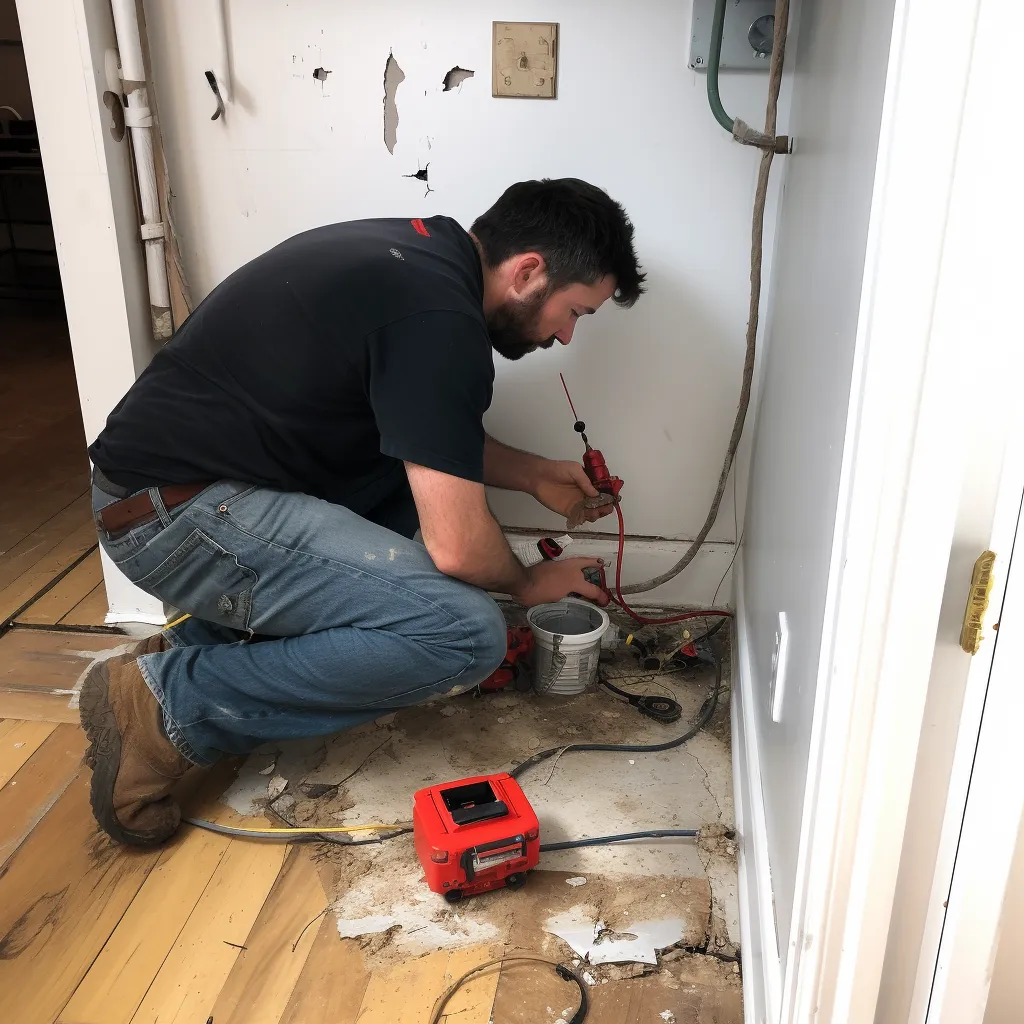
By being aware of these indicators, you can confidently determine whether it's time to replace your water heater. This way, you can guarantee a dependable source of hot water for your household.
What is the cost of replacing a water heater?
When it comes to replacing a water heater, there are a few factors that impact the cost.
The type and size of a water heater impact its price. Traditional tank-based heaters and tankless units have different costs. The capacity of the water heater, which depends on your household's hot water needs, also affects the price.
Energy-efficient water heaters may have a higher price at the start but can save you money in the long run with lower energy bills. While they may cost more initially, these models can be a wise investment for your wallet over time.
Factors such as how easy it is to access the installation area, the specific venting requirements, and any necessary modifications to the plumbing system. These factors all play a role in determining the overall cost of installation.
When it comes to replacing your water heater, it's important to understand the investment involved and the factors that can affect the costs. For standard electric water heaters, you can expect to spend anywhere between $500 and $2,500. However, if you have a tankless water heater, the repair costs can be higher, ranging from $1,000 to $3,500. Considering the significant expenses associated with water heater replacement, it's a good idea to think about the long-term benefits. Choosing a high-quality unit can help lower your utility bills and improve energy efficiency, making it a worthwhile investment in the long run.
FAQs about replacing and installing a water heater
When it comes to replacing or installing a water heater, people often have certain questions. Here are some common ones:
What size water heater do I need? How long does the installation process typically take? Which fuel source is recommended for my water heater? What is the estimated cost of the replacement? Is professional assistance necessary for the installation?
Choosing the right water heater replacement or installation is essential for meeting your specific requirements. Consulting licensed plumbers is highly advisable as they can offer expert advice and guidance. They are skilled in helping you determine the ideal size and type of water heater for your home. Moreover, they can provide a detailed estimate of installation expenses and any additional tasks that might be necessary.
How to save money when replacing a hot water heater
Don't worry about spending too much when it comes to replacing your hot water heater. By following these helpful tips, you can save money and still enjoy a reliable supply of hot water for your home.
Take a closer look at both standard electric models and tankless systems to figure out which one is best for you.
To find a water heater that uses less energy, look for one with a high Energy Factor (EF) rating.
To find the best deal on a water heater, it's a good idea to compare prices from various retailers and suppliers.
When deciding whether to invest in a tankless water heater, it's important to consider the long-term benefits and energy savings it can provide.
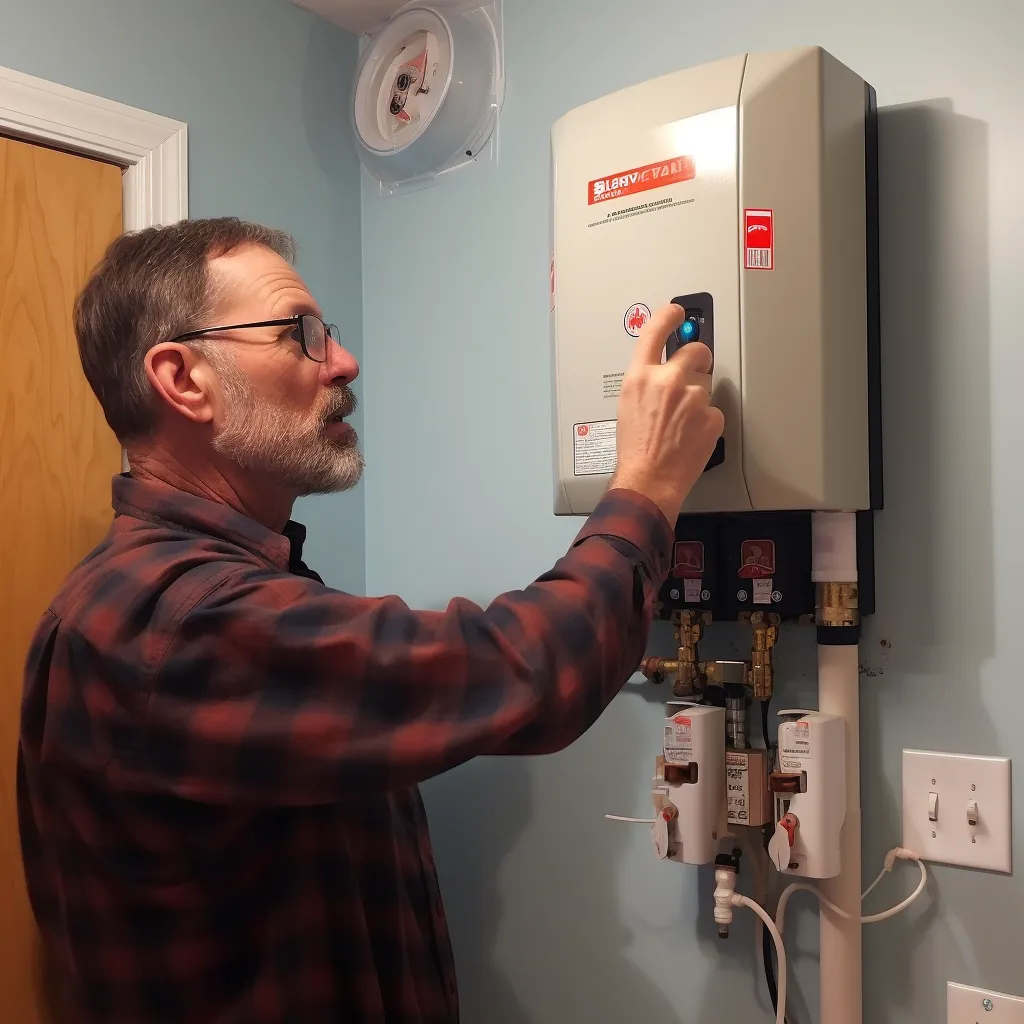
Hiring a professional vs DIY installation of a water heater
Replacing an old water heater may seem like a way to save money. However, it can be complex and should be done by professionals. Even though you may consider doing it yourself, professionals have the necessary skills and knowledge. Choosing professional installation can save you money in the future.
Hiring professionals for water heater installation is important. They have the knowledge and skills to do the job correctly and in compliance with regulations. Plus, professional installations usually include warranties, giving you extra peace of mind and making the process smoother.
However, attempting a do-it-yourself (DIY) installation may be tempting, but it is not advised. DIY installations can result in mistakes that may require additional expenses for repairs or result in higher energy consumption.
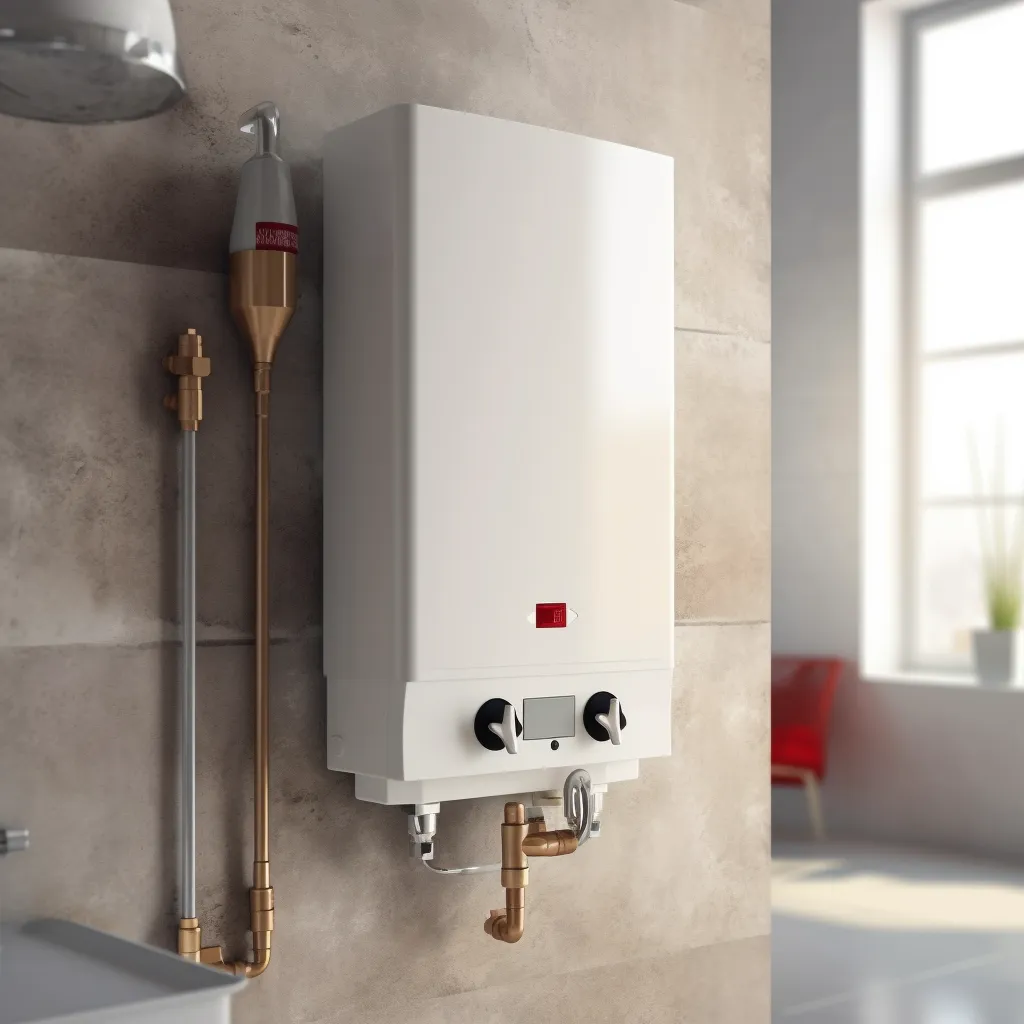
Tips on finding a water heater professional
When you're looking to hire a licensed professional for water heater installation, there are a few important things to keep in mind:
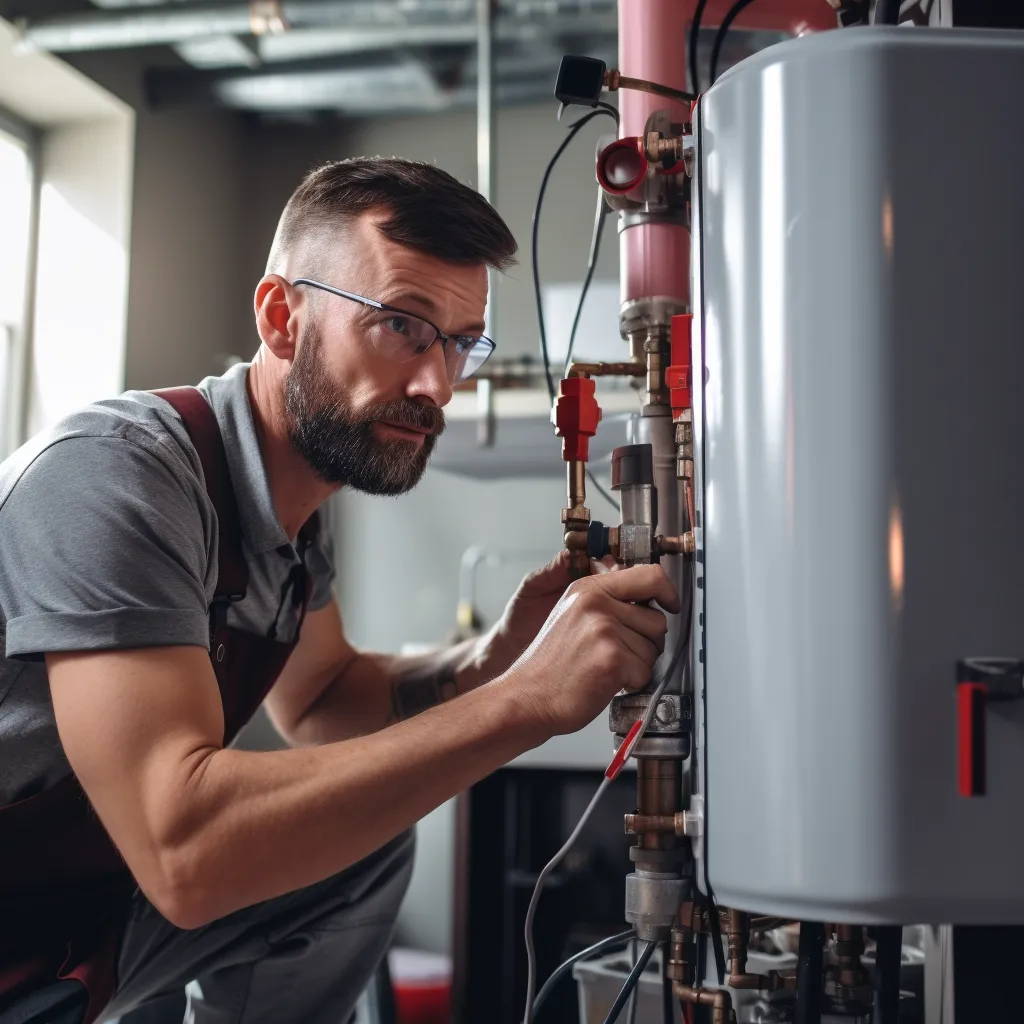
1. License and Credentials: Ensure that the professional you hire is licensed and certified to handle water heater installations. This will give you peace of mind knowing that they have the necessary knowledge and expertise to complete the job safely and effectively.
2. Experience: Look for a professional who has extensive experience in installing water heaters. The more experience they have, the better equipped they will be to handle any issues that may arise during the installation process.
3. Reputation: Do some research and read reviews or testimonials from previous customers. This will give you an idea of the professional's reputation and the quality of their work. Choose someone with positive feedback and a good track record.
4. Quotes and Pricing: Get quotes from multiple professionals and compare their pricing. However, keep in mind that the cheapest option may not always be the best. Consider the professional's experience, reputation, and the overall quality of their work before making a decision based solely on price.
5. Warranty and Guarantees: Inquire about any warranties or guarantees offered by the professional. It's important to have peace of mind knowing that you will be covered in case any issues arise after the water heater installation is complete.
Contact Us
